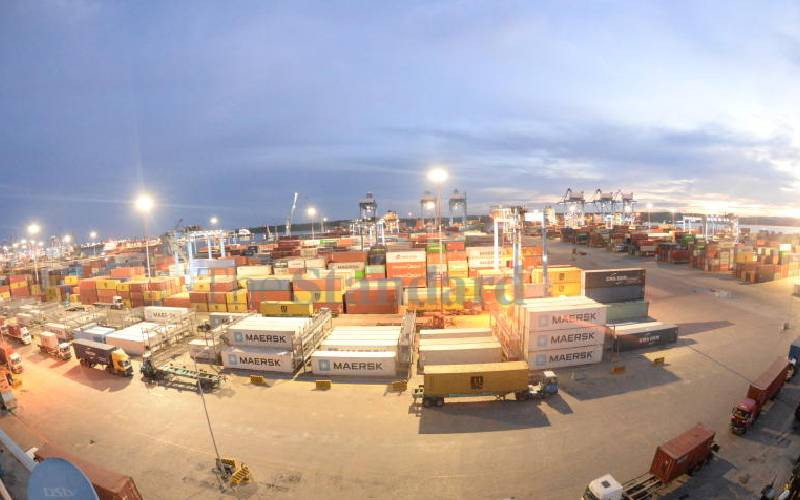×
The Standard e-Paper
Home To Bold Columnists

Audio By Vocalize

Mombasa Port posted a record of 1.6 million containers this year compared to last year's 1.4 million containers.
The growth has been attributed to improved efficiency at the facility, dispelling claims that Dar es Salaam port was attracting more ships than Kenya's main port.
